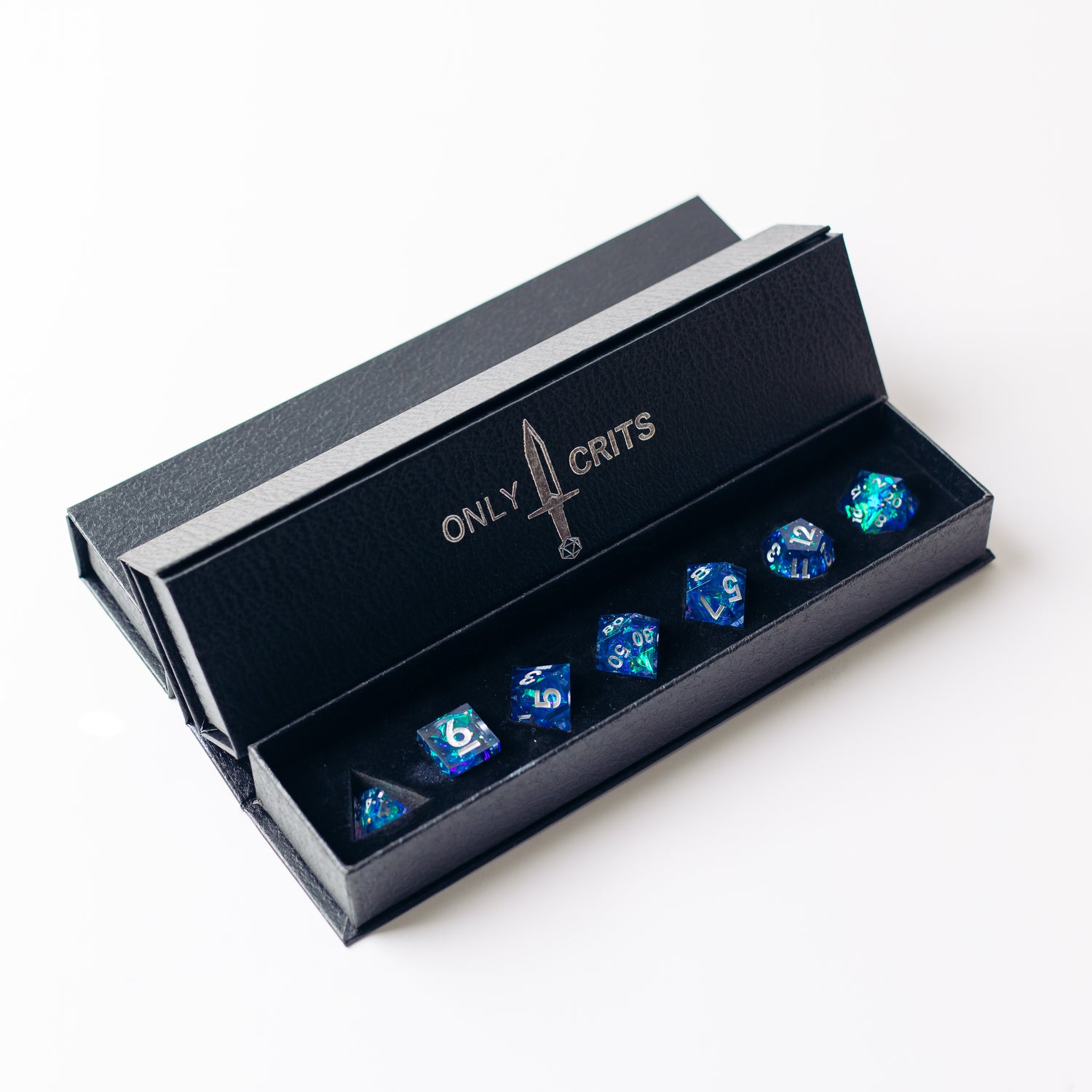When you're a DM you have the option to make all your rolls behind a screen. This allows for roll fudging if an encounter is either far too difficult or too easy, and it helps keep the sense that the players don't know what's going to happen next. But to some players trust is a big deal, and if they can't see what you're rolling and trust that what's happening isn't over-manufactured, they may not be having as good of a time. So, should you be rolling in front of the screen or behind it?
Oh and before we get going, here's a free NPC.

Rolling Behind the Screen
As mentioned above the strengths of rolling behind the screen are maintaining control and mystery. What's important to remember when rolling behind a screen is that not everything can go "perfectly" all the time. Creating an encounter that is challenging but not deadly is incredibly difficult, but not every encounter can play out that way. Having the players stomp an encounter every now and then is fun for them, it makes them feel powerful while allowing you to force them to use a few spell slots or deal a touch of damage. Comparatively rarely, but every now and then, having the players face an enemy well beyond their abilities can be humbling. But for encounters that aren't narratively important, or big boss fights that you've been building towards, it's generally a good idea to not fudge rolls. If you're fudging rolls at every turn, it's almost certainly a sign that you need to rebalance. In that same vein, if you're stressed about your players taking too much or too little damage, don't. I know, great advice. It can be stressful to full kill a player, but that danger is what makes DnD so much fun. Adventuring is dangerous. When you do want to fudge rolls is if you're about to lose a PC or NPC that is integral to the plot you've been developing. If you're party is facing the Bardic Trials, and the one bard in the party dies halfway through, is that going to negatively effect the Bardic Trials. Often, when building storylines around specific characters, it does. You can't continue that storyline without that character. But, sometimes it can be very fun...
Rolling in Front of the Screen
The beauty of everyone seeing your rolls is that it takes a lot of pressure off of you during the actual running of the session, and it unites you with your players in many ways. It feels like everyone at the table is at the whim of the dice. But, this does, as mentioned, require some good balancing. Your party will still blame you for getting them TPK'd, or forcing them to run away from encounters constantly if your balancing is off. If you roll in front of the screen, you can't mitigate balancing errors with dice fudging. But rolling in front of the screen when encounters are fun and challenging is very rewarding. Your players will trust you more when they can clearly see that the consequences of their actions are their own, and not the whim of the DM punishing them. It makes a DM feel more like a player than an unforgiving god, and will likely make the players more understanding when their characters eventually do have to deal with some punishment. If the conditions are right, if the DM is confident and experienced and the players are up for it, rolling in the open can result in a satisfying, unifying experience. It's not for everyone, and there's nothing wrong with only ever rolling behind the screen. But, if you're curious, give it a try.
The DM's screen is not a screen at all, it is a double edged sword. Some DMs want the respect of parties by letting them know that the dice are second to the DM's judgement, while others want to ride the rollercoaster of crits along with everyone else. To run sessions without screens is to have the utmost confidence in yourself, and face the risk of killing your whole party. To run them with screens allows for custom fitting any situation to your needs, wielding dice and narrative deftly as the greatest source or all knowledge and power at the table. But whichever method you choose just remember, the point is to have fun.


